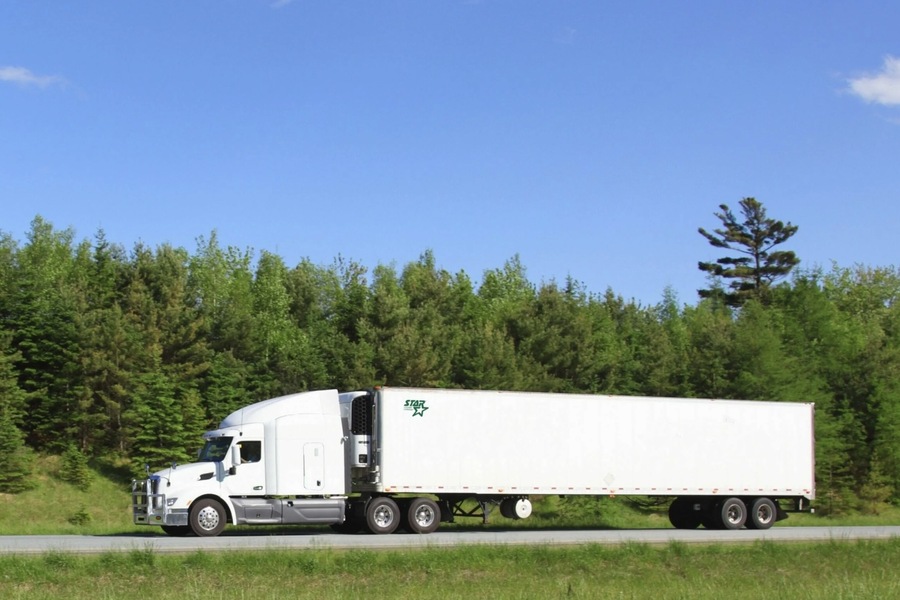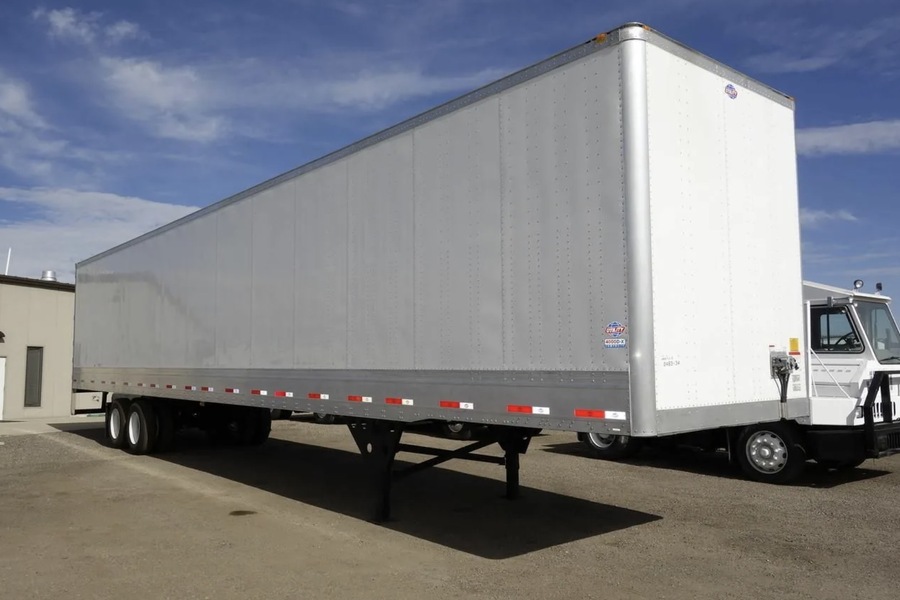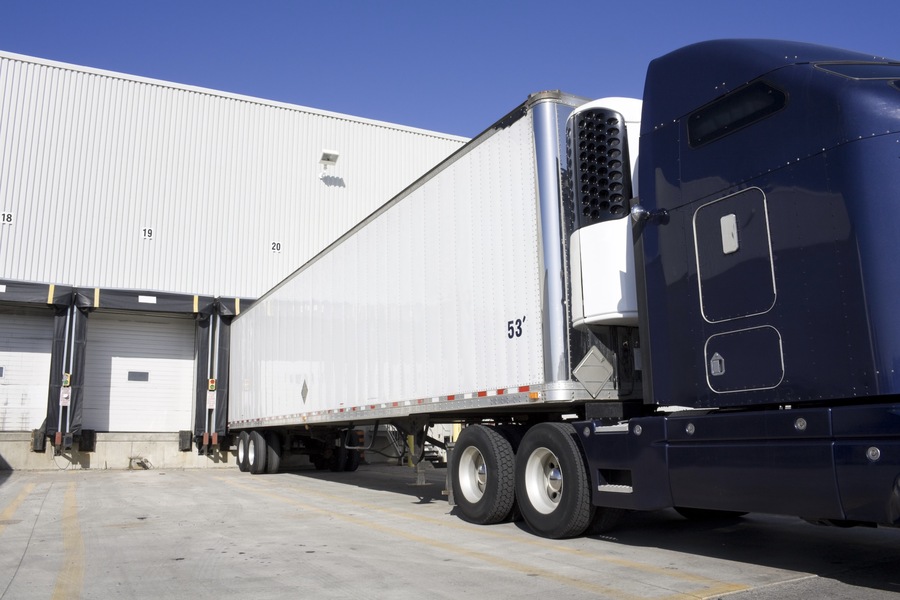In the realm of modern logistics, truck trailers stand as the backbone of efficient transportation networks. These essential tools allow businesses to increase the load capacity of their vehicles, streamline delivery processes, and adapt to the complexities of global trade. Whether rented or purchased, truck trailers, including options like trailer rental Dubai, play a vital role in determining the efficiency, cost-effectiveness, and flexibility of a company’s supply chain.
In this expanded discussion, we will delve deeper into the critical aspects of renting versus purchasing truck trailers, analyze their respective benefits, and explore how these options shape the logistics strategies of businesses, with particular focus on the rapidly expanding logistics sector in Dubai.
The Growing Importance of Truck Trailers in Logistics
Truck trailers are pivotal in addressing the growing demands of modern trade. As global markets expand and customer expectations for rapid deliveries rise, businesses require vehicles capable of carrying significant loads while maintaining operational agility. Trailers make it possible for companies to optimize trips, reduce transportation costs, and enhance delivery timelines.
In a hub like Dubai, renowned for its global connectivity, the need for robust logistics solutions has never been greater. The region’s strategic location as a bridge between East and West, combined with its world-class infrastructure, has positioned it as a critical node in global supply chains. Truck trailers in this context not only meet the demands of local transportation but also facilitate cross-border and long-haul logistics.

Truck Trailer Rental in Dubai: A Flexible Solution for Modern Businesses
Trailer rental in Dubai is increasingly seen as a practical and cost-efficient solution for businesses of all sizes. In an environment characterized by fluctuating demand and seasonal peaks, renting offers unmatched flexibility. Companies can scale their trailer fleet based on real-time requirements, avoiding the substantial capital outlays associated with outright purchases.
Adapting to Market Volatility
One of the primary drivers of trailer rental is the ability to respond quickly to changes in market conditions. For instance:
Seasonal Surges: Retail and e-commerce businesses often experience spikes during holiday seasons. Renting additional trailers during these periods allows companies to meet demand without committing to permanent fleet expansion.
Project-Based Needs: Industries such as construction and event management may require trailers temporarily for specific projects. Rentals ensure that businesses can meet their logistical needs without the long-term responsibility of ownership.
Short-Term Expansions: For businesses testing new markets or regions, rentals offer a low-risk way to establish transportation capacity.
Cost Benefits of Rental
Beyond flexibility, renting also offers tangible cost advantages. Companies save on:
Maintenance and Repairs: These responsibilities often lie with the rental provider, ensuring that businesses avoid unexpected repair costs.
Storage: When trailers are not in use, storage can become an additional expense. Rentals eliminate this concern, as the trailers are returned after use.
Depreciation Risks: Owning equipment comes with the risk of obsolescence. Rentals allow businesses to access the latest trailer models without worrying about resale values.
Access to Advanced Equipment
Rental companies regularly update their fleets to stay competitive, giving businesses access to modern and well-maintained trailers. These advanced models often come with improved fuel efficiency, enhanced safety features, and increased durability, all of which contribute to cost savings and operational efficiency.
The Case for Buying Truck Trailers: Long-Term Stability and Control
For businesses with predictable and consistent transportation needs, purchasing truck trailers offers distinct advantages. Ownership provides stability, greater control over logistics, and the potential for long-term cost savings. While the initial investment is higher than renting, the benefits of owning trailers often outweigh the costs in the long run.
Advantages of Ownership
- Cost Predictability
Purchasing trailers eliminates the variable costs associated with rental agreements. This allows companies to forecast expenses with greater accuracy and allocate resources more effectively.
- Customizability
Owned trailers can be customized to meet specific operational needs, such as modifications for handling specialized cargo. This level of personalization is often not possible with rented equipment.
- Reliability and Availability
Owning a fleet ensures that trailers are always available when needed. This reduces downtime and eliminates the logistical challenges of coordinating with rental providers.
Financial Considerations for Buying
While buying trailers involves significant upfront costs, businesses can explore various financing options to ease the burden:
Leasing: A popular alternative to outright purchase, leasing allows companies to spread the cost over time while still gaining ownership.
Loans: Many financial institutions offer competitive rates for trailer purchases, making it easier for businesses to invest in their fleets.
Maintenance and Longevity
Proper maintenance is key to maximizing the lifespan of owned trailers. Companies must factor in costs for routine servicing, repairs, and part replacements. However, high-quality trailers from reputable manufacturers often require minimal upkeep and offer extended service life, reducing total ownership costs over time.

Key Considerations When Choosing Trailers
Whether renting or purchasing, selecting the right trailer is critical to operational success. Businesses must evaluate their needs based on:
Cargo Requirements: The type, weight, and volume of goods being transported should guide the choice of trailer size and configuration.
Route Conditions: Long-haul routes may require different trailer features compared to short-distance urban deliveries.
Regulatory Compliance: Ensuring that trailers meet local and international standards is essential for avoiding legal complications.
Manufacturer Reputation: Investing in trailers from trusted manufacturers ensures reliability and minimizes maintenance needs.
The Synergy Between Renting and Buying
For many companies, the optimal solution lies in a hybrid approach. By combining rental and ownership, businesses can enjoy the best of both worlds:
Core Fleet Ownership: Owning a base fleet of trailers ensures consistent availability for regular operations.
Supplemental Rentals: During peak periods or for specialized tasks, rentals can fill the gap, providing flexibility without long-term commitments.
This strategy is particularly effective in markets like Dubai, where demand can vary significantly across industries and seasons.
Conclusion: Strategic Decisions for a Competitive Edge
Truck trailers are indispensable assets in the logistics and transportation sectors. The decision to rent or purchase depends on a company’s specific operational needs, financial capabilities, and long-term objectives. Renting offers unparalleled flexibility, cost savings, and access to the latest equipment, making it ideal for businesses facing fluctuating demand. On the other hand, purchasing provides stability, control, and potential long-term savings, particularly for companies with consistent transportation requirements.
In dynamic markets like Dubai, where logistics play a central role in economic growth, the right choice between renting and buying can significantly enhance a company’s competitive edge. By carefully evaluating their needs and leveraging the advantages of both options, businesses can optimize their logistics strategies, reduce costs, and ensure efficient delivery of goods across local and global markets.

Surfer, feminist, music blogger, Saul Bass fan and front-end developer. Working at the nexus of simplicity and elegance to craft experiences that go beyond design. Concept is the foundation of everything else.
